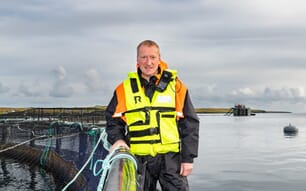Between 2008 and 2014, the EU fleet moved from a loss-making position in 2008 to registering record-high net profits of €770 million in 2014 – up from €500 million in 2013. Forecasts for 2016 remain positive.
Commissioner Karmenu Vella, responsible for fisheries and maritime affairs, said: "The positive trend of the last years has resulted in higher salaries for fishermen, bigger profits for the fishing sector, and more value added for the EU's fishing and coastal communities. And it shows that sustainable fishing pays off. As we have seen in last month's Council on fishing opportunities, many quotas can grow if we fish sustainably –motivation for the future."
The EU fleet's gross value added, i.e. the contribution of the fish catching sector to the economy through wages and gross profit, amounted to €3.7 billion in 2014. This represents an 11 per cent increase on the previous year. Average salaries in the EU fleet also increased during the period of analysis. Fuel consumption and fuel use intensity decreased significantly, as a result of the more efficient way in operating many EU fleets.
The improved economic situation is evident as more and more fish stocks are being fished sustainably. That is, in line with Maximum Sustainable Yield, allowing the fishing industry to take the highest amount of fish from the sea while keeping fish stocks healthy.
The 2016 Annual Economic report, based on data provided by national authorities, is the result of combined work by economic experts from the Scientific, Technical and Economic Committee of Fisheries (STECF), the Commission's Joint Research Centre (JRC) and the Commission's Directorate-General for Maritime Affairs and Fisheries (DG MARE).



